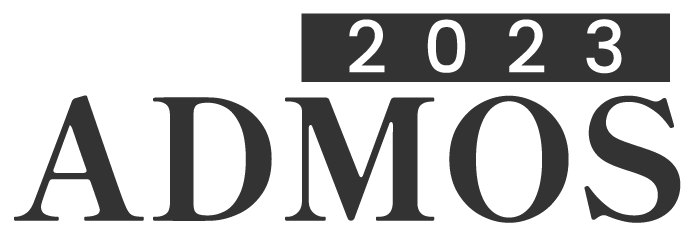

Quadrilateral Mesh Untangling and Mesh Quality Improvement Via Multiobjective Mesh Optimization
Please login to view abstract download link
Computational simulations of physical phenomena, such as fluid dynamics or structural analysis, involve the numerical solution of partial differential equations (PDEs) on computational meshes. It is crucial that the PDEs be solved both accurately and efficiently to obtain reliable simulation results. Computational fluid dynamics simulations which employ quadrilateral meshes typically result in more accurate solutions than those which use triangular meshes since quadrilateral elements can be better aligned with the fluid flow. In addition, quadrilateral meshes typically contain fewer elements than triangular meshes and thus result in more efficient simulations. Furthermore, quadrilateral meshes are often preferred in dynamic simulations, such as car crashes or fracture studies, since constant-strain triangular elements typically perform poorly on bending problems. For meshes used in finite element analysis, a mesh is said to be explicitly tangled if one or more elements has a negative Jacobian determinant. Whereas the mesh is said to be implicitly tangled if one or more elements is partially inverted. Meshes can become tangled through mesh deformation or smoothing or by other means. Hence, mesh untangling and mesh quality improvement are two important areas of investigation. Traditionally, two separate optimization problems were solved in a sequential manner to untangle the mesh and improve its quality. In this talk, we will present our multiobjective optimization methods for mesh untangling and quality improvement. The methods solve a single optimization problem. The objective functions are developed by combining separate objective functions for untangling and mesh quality improvement in a single objective function using ``no articulation of preferences" [1]. Our methods are an extension to the previously established multiobjective mesh optimization framework for untangling and quality improvement of simplicial meshes [1]. We present results from numerical experiments demonstrating our methods’ success. REFERENCES [1] J. Kim, T. Panitanarak, and S.M. Shontz, ``A multiobjective mesh optimization framework for mesh quality improvement and mesh untangling", Int. J. Numer. Meth. Engng., Vol. 94, 20-42, (2013).

